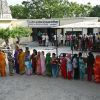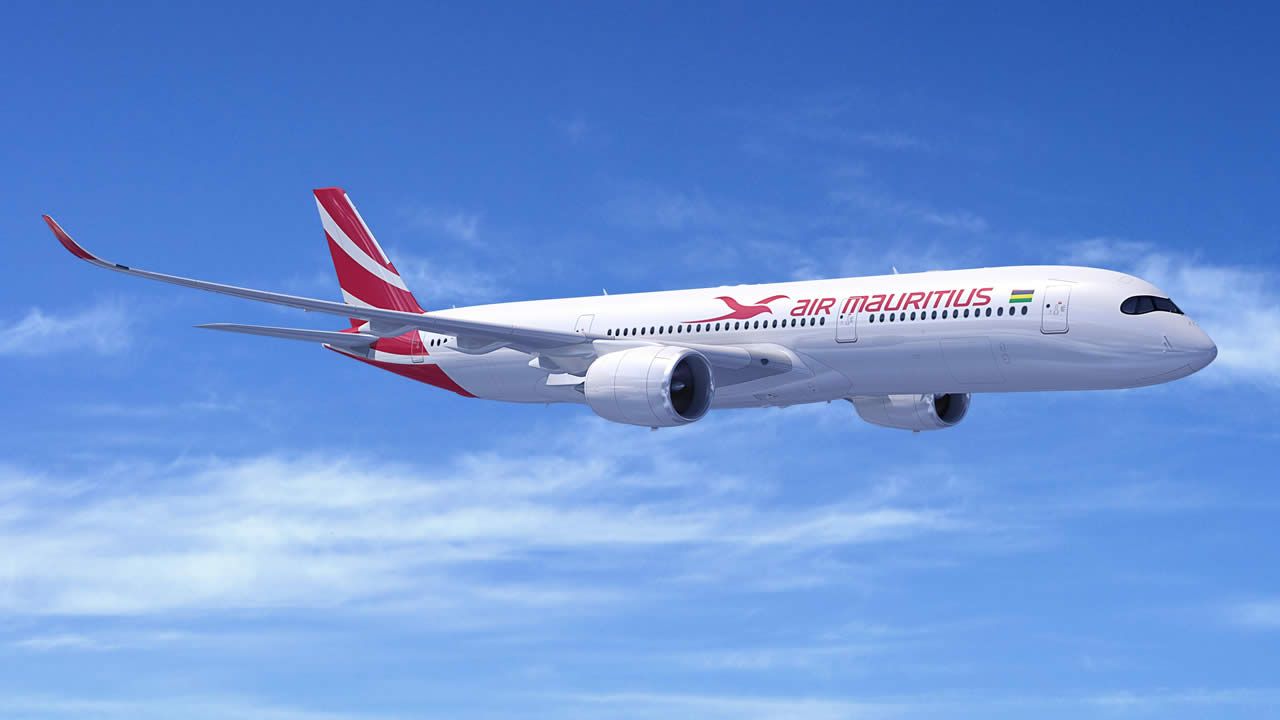
The turbulence within the national airline Air Mauritius has been terrible over the past years. The recent publication of the results for the first nine months of the fiscal year 2018-2019 is a clear warning that the national airline is in real troubled waters. It is becoming a vexing challenge for Air Mauritius to generate profits.
Publicité
For the period from April to December 2018, the company has incurred losses of Rs 998.2 million against profits of Rs 400.6 million, the same as in 2017. Surprisingly, the losses have accumulated over the quarters, including the high season (October to December), during which travel and tourism operators in Mauritius reap maximum profits. The main reasons pointed by the company are increased competitions and rising costs of fuels. Besides, the 4th quarter is expected to be even more challenging. Experts are asking for a business model that will bring Air Mauritius back on track. To trim down losses, experts are recommending for major changes from general operations to staffing.
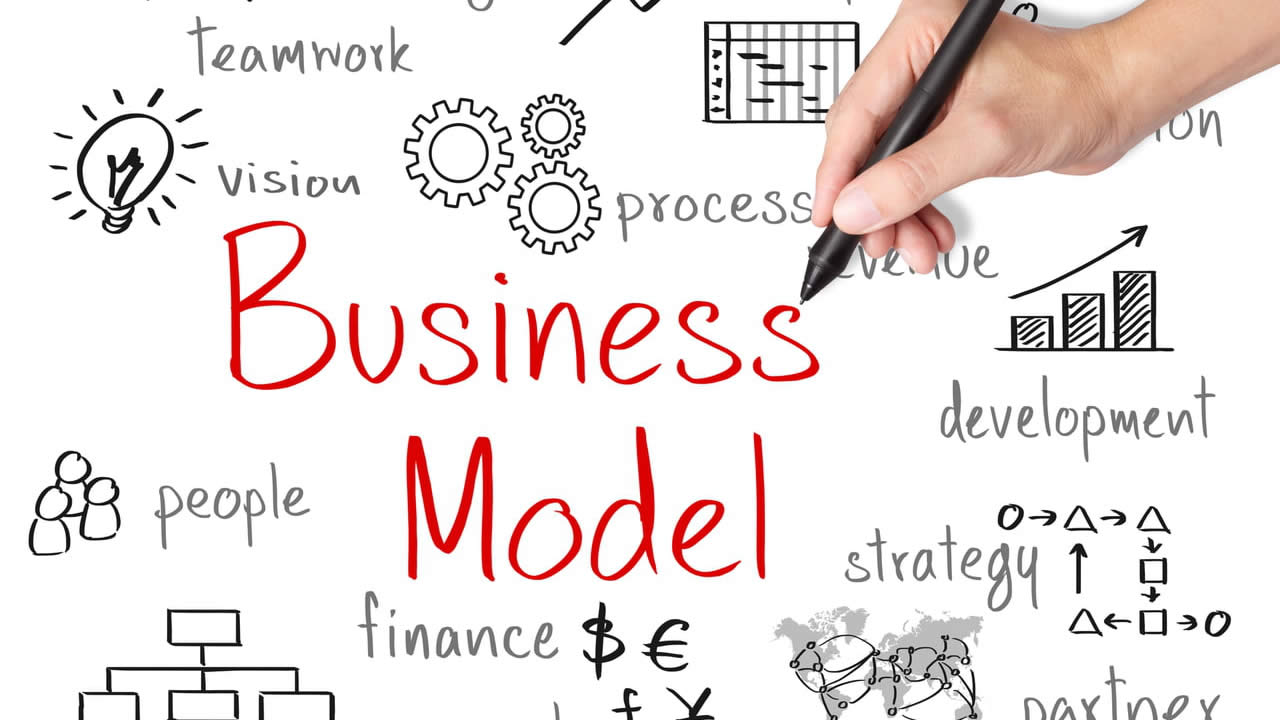
Dr Chris Bungshy : “Business Continuity Management System should be adopted”
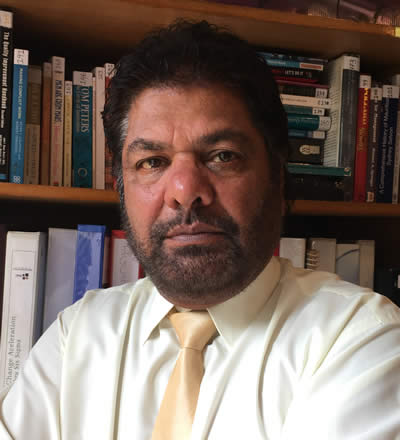 Director Consultant at Global System Conformity Ltd and Lead Auditor, Assessor for Management System, Dr Chris Bungshy declares that our national airline needs to think seriously about the future. He thinks that the national airline should adopt the Business Continuity Management System (BCMS), which will assure the enterprise continuity. “To start with, Air Mauritius should implement a Business Impact Analysis and Risk Assessment. It is a model that is being used by Singapore Airport and Abu Dhabi and many other airlines. Bhutan Airlines was not performing well and adopted this model. This model will allow the company to assure its operation and put into action its vision as well as mission. This model touches all the operations and assesses its impact on the business. It is a simple yet holistic plan.”
Director Consultant at Global System Conformity Ltd and Lead Auditor, Assessor for Management System, Dr Chris Bungshy declares that our national airline needs to think seriously about the future. He thinks that the national airline should adopt the Business Continuity Management System (BCMS), which will assure the enterprise continuity. “To start with, Air Mauritius should implement a Business Impact Analysis and Risk Assessment. It is a model that is being used by Singapore Airport and Abu Dhabi and many other airlines. Bhutan Airlines was not performing well and adopted this model. This model will allow the company to assure its operation and put into action its vision as well as mission. This model touches all the operations and assesses its impact on the business. It is a simple yet holistic plan.”
He further explains that Air Mauritius must prioritize its actions and in this context, objectives to achieve them. “A policy must be set up and a risk assessment must be done to be able to know which resources are needed, reduce shocks and look for ways to deal with them. The model will work over a period of time but needs to be tested first. This model will allow Air Mauritius to look for alternatives in case of increase of fuels. Besides, this model will help to manage performance and help in performing more efficiently. It will help in controlling wastage in transportation, inventory, motion and waiting. It will focus on lean management. The national airline is bleeding and measures must be taken to stop this bleeding.”
Another recommendation by Dr Chris Bungshy is a good branding. “We need to ask: What are we selling, destination or ticket? Air Mauritius should be aligning with the tourism industry. We need to promote our hospitality as well. We do not have a brand. We need to create our own identity.”
Dr Tulsidas Naraidoo : “Re-engineering and deculturalization required”
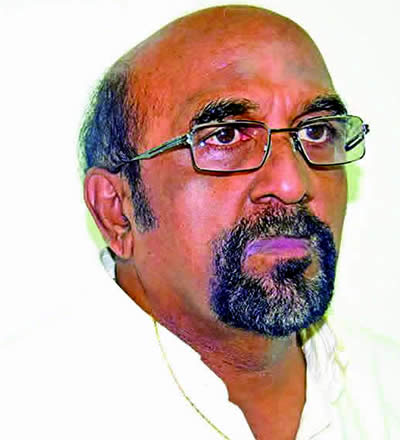 Senior Lecturer in Management, Dr Tulsidas Naraidoo expounds that within Air Mauritius, there is need for an entire process or re-engineering and deculturalization to get rid of nepotism and protectionism. “Implementation of a new culture of efficiency and effectiveness is required. It is news for nobody that the Government of the day has its say into the running of the company and people in power appoint political nominees as directors. Some of the directors have practically no knowledge of management but benefit of sky rocket privileges. In return the directors and senior executive bear due diligence to the Government by appointing people recommended by them, even if they do not have right profile.”
Senior Lecturer in Management, Dr Tulsidas Naraidoo expounds that within Air Mauritius, there is need for an entire process or re-engineering and deculturalization to get rid of nepotism and protectionism. “Implementation of a new culture of efficiency and effectiveness is required. It is news for nobody that the Government of the day has its say into the running of the company and people in power appoint political nominees as directors. Some of the directors have practically no knowledge of management but benefit of sky rocket privileges. In return the directors and senior executive bear due diligence to the Government by appointing people recommended by them, even if they do not have right profile.”
He recommends that the company should be managed as a private concern with entire independence. “There is need for performance management system to be monitored by an independent body at all levels of the organisation with defined objectives and targets. There should be also a system of talent management to make people grow within the organisation and promote people from within.”
He further proposes that each sector of the company to be managed by a Strategic Business Unit (SBU) with defined and well calculated objective. “There is also need for the implementation of an Operational Effect Mechanism (OEM) with defined key performance indicators for each and every section or department. The good one should stay after their exercise of performance appraisal. The good one should be given opportunity to grow and promoted whereas the lame ducks will have to leave. Nobody should feel they are under the umbrella of so and so.”
Another recommendation by the Senior Lecturer is need for continuous sensitizing campaign all year long with zero tolerance in terms of wastages, be it energy, time, finance or human resources.
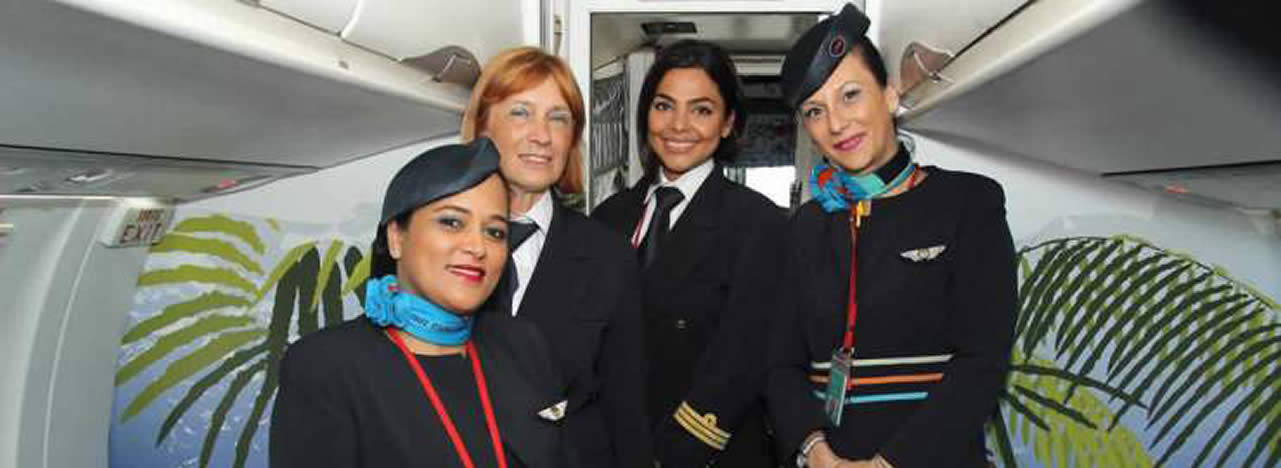
Sanjay Matadeen : “A strategic rethink is necessary”
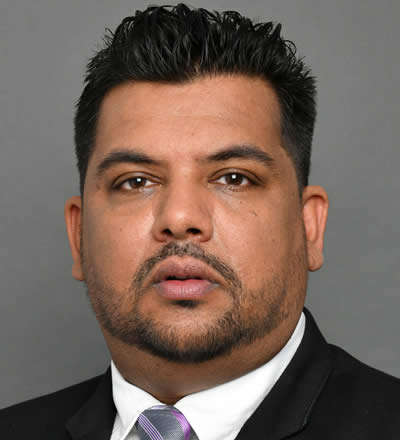 Economist and Senior Lecturer at Middlesex University Mauritius Branch Campus, Sanjay Matadeen points out that a business model is simply how a company is planning to make money, taking into account the underlying revenue and cost economics of providing a good or service of value to customers. He avers that in the airline industry, another classification of business model is in terms of “Full-Service Carrier” (FSC),” for example, legacy carriers like British Airways, Air France, “Low-Cost Carrier” (LCC) like Easy Jet, Ryan Air, “Holiday or Leisure Carrier “that is operated as chartered flights, “Regional Carrier”, “Traditional Freight Carrier” and “Hybrid Carrier,” which has a mixed of models.
Economist and Senior Lecturer at Middlesex University Mauritius Branch Campus, Sanjay Matadeen points out that a business model is simply how a company is planning to make money, taking into account the underlying revenue and cost economics of providing a good or service of value to customers. He avers that in the airline industry, another classification of business model is in terms of “Full-Service Carrier” (FSC),” for example, legacy carriers like British Airways, Air France, “Low-Cost Carrier” (LCC) like Easy Jet, Ryan Air, “Holiday or Leisure Carrier “that is operated as chartered flights, “Regional Carrier”, “Traditional Freight Carrier” and “Hybrid Carrier,” which has a mixed of models.
He indicates that the present business model of Air Mauritius is that of a merchant model, the sale of a service against payment, in this case, the sale of passenger seats and some cargo space and a “Full-Service Carrier.” “Air Mauritius does not need a new business model but improvements to its existing one. While it’s very true that digital disruption is taking place in many industries, for example, the film industry has moved from the traditional sales and renting of physical video tapes/DVDs to online digital subscription models like Netflix, it is very difficult to conceive of a new business model for a Full-Service Carrier service provider like Air Mauritius. Adopting a new business model will put a lot of stress on the company’s resources.”
He points out that the national airline needs a strategic rethink, better leverage of its resources and capabilities as well as a tighter control on its operating costs to return on the path of profitability. “It has to return to the basics of business strategy. Why does it exist? What does its customers value? What is its customer value proposition? Right now, a potential traveller has no good reason to choose Air Mauritius. In fact, the competitors often have better comfort on their modern fleet, have better customer service on board and are cheaper or at par in terms of ticket price, so what is the incentive to choose Air Mauritius?”
With well-connected foreign airlines flying twice daily to Mauritius, we have to question whether the country still needs a national carrier if the latter is not financially viable and is not bringing value to its customers, he says. “It’s up to Air Mauritius to prove us wrong by tweaking its existing business model by adopting the appropriate business strategies.”
Rajiv Servansingh : “Working on optimizing the load factor”
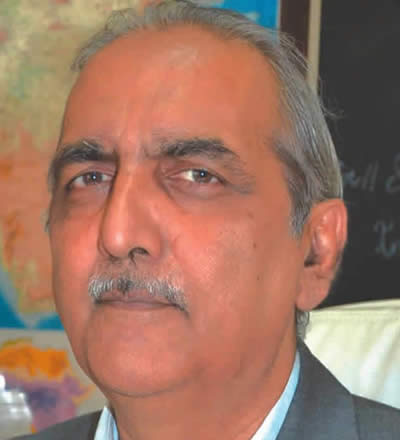 Chairman of MindAfrica and economic observer, the causes of the present financial woes of Air Mauritius are structural and have been straining the airline for a long time. “Basically, it is about size and critical mass. Its small size means that its assets (human, physical and financial) and costs must be constantly optimally exploited, and the company can suffer no flak in the way these are utilized. When you look at what happens, we are a far cry from the above. No airline in the world can survive with the rate of turnover of chief executives that we have witnessed over the past ten years or so. This is symptomatic of profound lack of the strategic thinking and poor governance.”
Chairman of MindAfrica and economic observer, the causes of the present financial woes of Air Mauritius are structural and have been straining the airline for a long time. “Basically, it is about size and critical mass. Its small size means that its assets (human, physical and financial) and costs must be constantly optimally exploited, and the company can suffer no flak in the way these are utilized. When you look at what happens, we are a far cry from the above. No airline in the world can survive with the rate of turnover of chief executives that we have witnessed over the past ten years or so. This is symptomatic of profound lack of the strategic thinking and poor governance.”
He adds that the constant conflicts between pilots and other passengers facing personnel is characteristic of such poor governance and is bound to have serious repercussions on the financial health of the company. “It is unfortunate that since the past twenty years or so, no government has been able to strike the right balance between its role as shareholder of the company and the level of professionalization of management and Board independence required for Air Mauritius to compete in a highly competitive environment.”
He argues that for a new business model, we need to make sure that we have the right conditions and level of management competence for that model to be implemented. “Even the best of models will not bring any results if poorly executed. The urgency is more about rationalization and consolidation of the strengths of the company. Rationalizing routes and working on optimizing the load factor should, to my mind, be the order of the day.”
He indicates that operating an airline is always a tough business. “However, companies such as Ethiopian Airlines in Africa are examples of how successful airlines are managed. According to its CEO, it’s all about long term planning and consistency. Secondly, you would note that whatever has been said here is common knowledge. As in so many cases in Mauritius, we all seem to know what needs to be done but we seem to be driven by a knack to shoot ourselves in the foot through an inherent inability to practice what we preach.”
Soobagrah Jeenarain : “Review the open sky strategy”
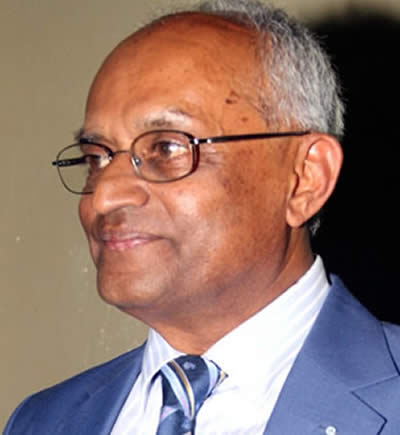 Director of Bonny Air Travel and Tours Ltd and former Human Resource Director of Air Mauritius, Soobagrah Jeenarain reveals that for any business model to be successful, Air Mauritius should enjoy dependency and no political interference. He states that several strategies must be taken into consideration to remedy the situation as well an overall review of the entire system from operation to staffing. “First and foremost, the open sky strategy must be reviewed. It seems that the decision is not a well-thought one. For example, Turkish Airlines and Saudi Airlines are affecting our airline. They are bringing tourists from European countries where Air Mauritius is already serving the routes along with Air France and British Airways. Open Sky is a good strategy but it must not be at the detriment of our national airline.”
Director of Bonny Air Travel and Tours Ltd and former Human Resource Director of Air Mauritius, Soobagrah Jeenarain reveals that for any business model to be successful, Air Mauritius should enjoy dependency and no political interference. He states that several strategies must be taken into consideration to remedy the situation as well an overall review of the entire system from operation to staffing. “First and foremost, the open sky strategy must be reviewed. It seems that the decision is not a well-thought one. For example, Turkish Airlines and Saudi Airlines are affecting our airline. They are bringing tourists from European countries where Air Mauritius is already serving the routes along with Air France and British Airways. Open Sky is a good strategy but it must not be at the detriment of our national airline.”
Secondly, for him, it is necessary to review the criteria for acquiring new fleets. “There is need to have a good planning before the purchase of any plane. Along with being a passenger carrier, Air Mauritius is also a cargo carrier. This should be kept in mind as exportation is an important revenue.”
Another proposal by Soobagrah Jeenarain is the choice of destination by Air Mauritius. “An extensive market research is needed to see which destination is most appropriate and profitable for the airline. If other airlines such as Emirates are doing it, why not us? It is high time to take subjective decision.”
At the same time, staffing also is considered to be a significant change within the company, as highlighted by him. “Over staffing is a major issue and hence appropriate measures need to be taken. The recruitment and promotion system also need be reviewed.”
An extensive market research is needed to see which destination is most appropriate and profitable for the airline. If other airlines such as Emirates are doing it, why not us? It is high time to take subjective decision."
Dr Vinaye Ancharaz : “An effective rebranding is needed”
Economist and consultant Dr Vinaye Ancharaz reveals that the current loss is the result of a business model that is outdated. “Airline companies the world over operate in a very competitive environment in which they do not have full control over strategic variables. Air Mauritius is no exception to the rule. Yet many companies are able to thrive and grow in this environment.”
In the case of Air Mauritius, the consequences of a poor business model are being amplified by gross mismanagement, says the economist and consultant. “We are all aware of the dramatic circumstances in which the former CEO of the company, Megh Pillay, was sacked in 2016. Those events showed clearly the scale of political interference in the running of the company. Air Mauritius is probably the only company I know where most positions are filled without a public job announcement. People are recruited through political recommendation and nepotism runs amok in the organization. Moreover, employees are entitled to generous perks, some of which extending to their entire family and sometimes even beyond retirement. Under such conditions, it’s hardly a surprise that productivity across the company is low, and inefficiency high.”
He states that there was a time when the national airline was really the pride of the country. “It was winning international awards for best service and hospitality, and for the quality of its crew. I’m not aware of the company earning any such accolades in recent years — other than at the level of the Indian Ocean, where the competition is at a lower level. Thus, while the national airline rethinks its business model, there is a need to overhaul service quality to rebuild the company’s image as a premium airline. This is not difficult to do. It requires an effective rebranding that links the airline to the country’s reputation for hospitality and culture.”
He believes that the company is not pro-active enough. While competitors are invading the air space and snatching clients away from Air Mauritius through deals of all sorts, the national airline is responding only half-heartedly by proposing holiday packages during the off-peak season. “Instead of operating below capacity while keeping airfares relatively fixed, a better strategy would be to slash fares to increase demand. The company should also negotiate better access to countries whose national airlines are currently serving Mauritius. Opening up the air should be win-win. Last, but not least, Air Mauritius should maintain a firmer grip over costs, including fuel and leasing costs, through better risk management and sanctions for employees who shirk.”
He adds, “Air Mauritius has seen frequent changes at the top management level in recent years. However, the composition of the company’s board has remained largely intact. Since the board approves most key strategic decisions, including the organization’s strategic plan and business model, I believe that it should be held accountable for the company’s failures. It is high time that we question the managerial and oversight ability of the airline’s board members. Political nominees are not fit to provide leadership in a company of such strategic interest as Air Mauritius.”
Economic impact
Dr Vinaye Ancharaz explains that it is not correct to say that Air Mauritius has incurred losses continuously in recent years. “In fact, the last time the company registered a loss was in the financial year 2014/15. Since then, for three years in a row, Air Mauritius reported net profit of varying amounts, the highest in 2016/17, when earnings exceeded Rs 1 billion. In light of this, the loss of Rs 1 billion for the first nine months of 2018 is quite an exception. It is even more exceptional since it occurred under certain more favourable conditions than the earnings in previous years. In particular, fuel costs, the most important cost item to Air Mauritius, declined significantly during 2018.”
He explains that if the loss is one-off and temporary, the effects will be short-term. “The Government, as the majority shareholder, will have to siphon off the loss, which means that it could affect the national budget this year. Other shareholders have already seen a drop in earnings per share, and the airline’s share price has also taken the hit. However, if the loss is a precursor of more difficult times ahead, then the economy should brace itself for a crash landing. In addition to threatening the very survival of the national carrier, chronic losses could affect the tourism industry if they lead to downsizing of operations and cancellation of flights. More generally, such a situation could be prejudicial to the image of Mauritius at a time when the country is trying to rebrand itself.”
Instead of operating below capacity while keeping airfares relatively fixed, a better strategy would be to slash fares to increase demand. The company should also negotiate better access to countries whose national airlines are currently serving Mauritius."
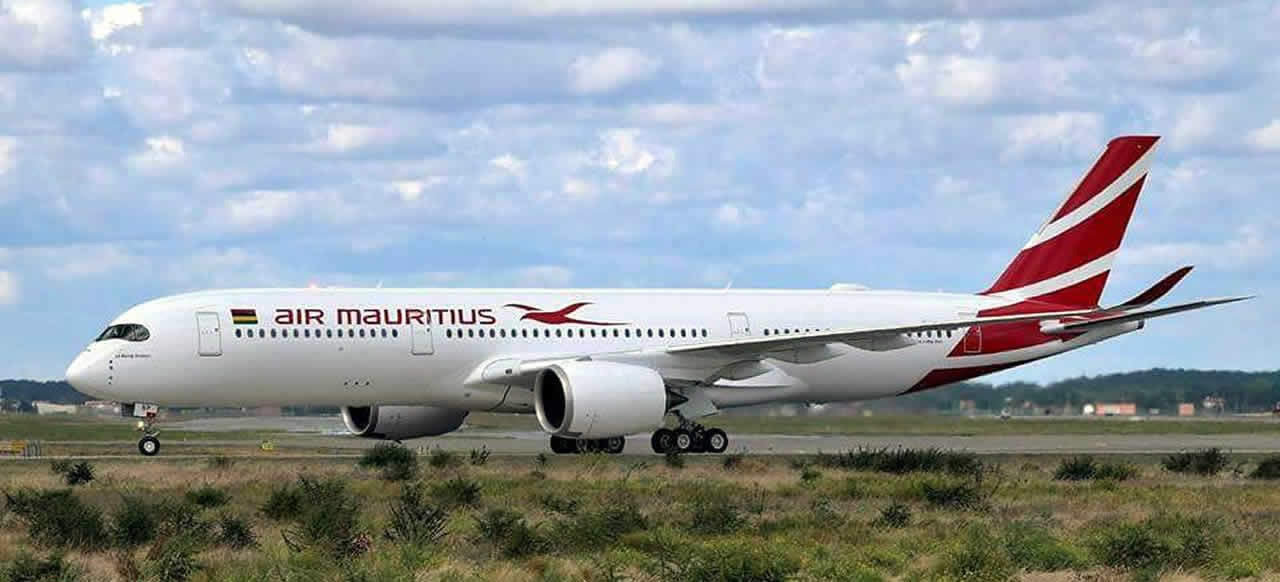

Notre service WhatsApp. Vous êtes témoins d`un événement d`actualité ou d`une scène insolite? Envoyez-nous vos photos ou vidéos sur le 5 259 82 00 !



















